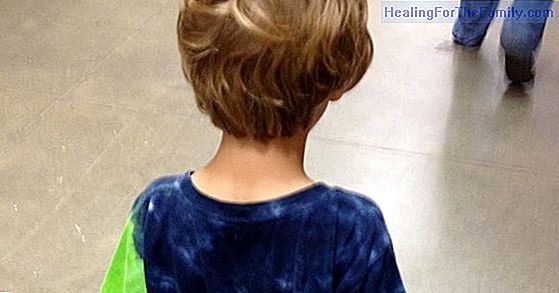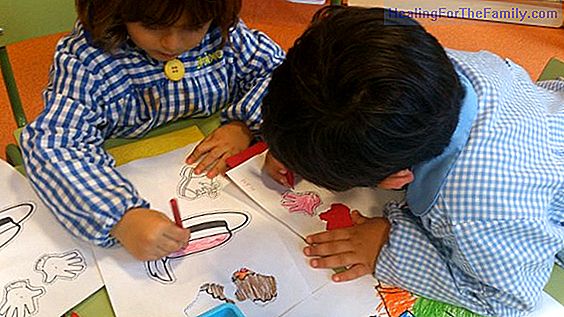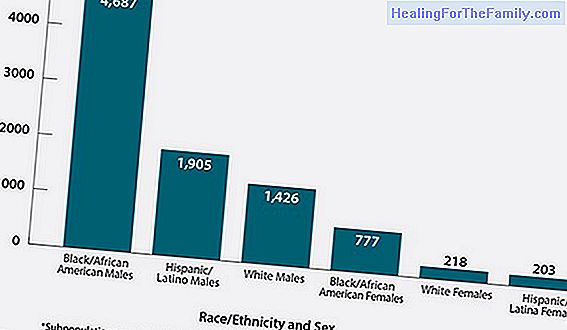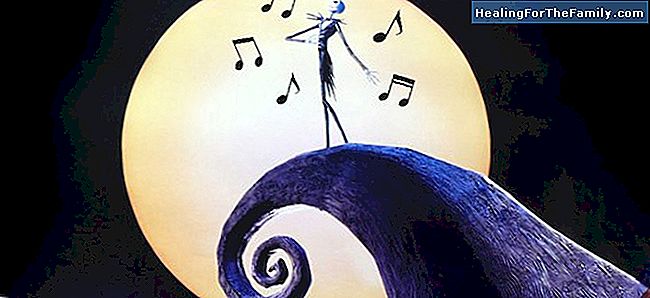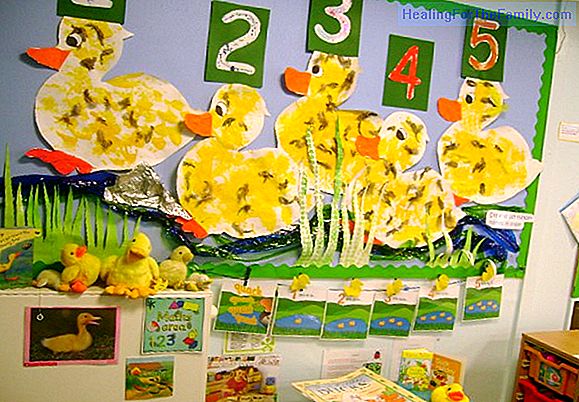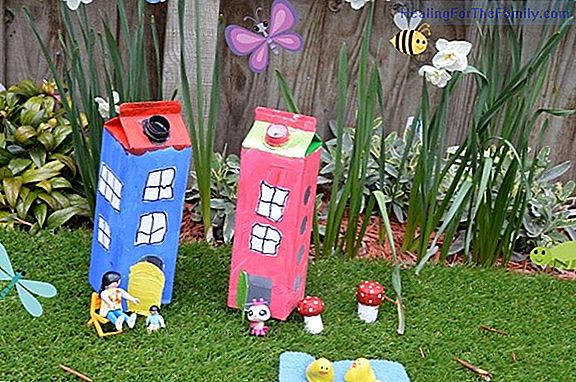Invisible child syndrome
Isolated, distant, irritable, fantasized and withdrawn. These are only some of the symptoms of the 'invisible child', a disorder in the child's behavior that does not feel valued and loved by the people around him and demands more attention in this way. They are withdrawn and very imaginative childr
Isolated, distant, irritable, fantasized and withdrawn. These are only some of the symptoms of the 'invisible child', a disorder in the child's behavior that does not feel valued and loved by the people around him and demands more attention in this way. They are withdrawn and very imaginative children, who seek in their fantasy world a place to feel comfortable. Symptoms of the invisible child syndrome The 'invisible child'
is the child who feels abandoned by his family
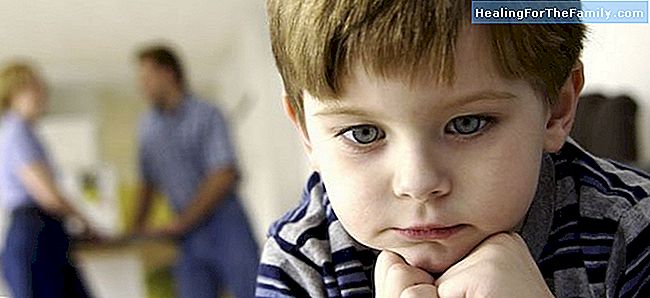
(usually by his parents). He believes he is invisible to others. It presents serious emotional deficiencies and the day is spent alone and isolated from the rest. You can even get to feel a 'burden' for the rest of the family, as they think it's too much. Among the symptoms of the 'invisible child', you will find these: - If he is small (less than three years old), he will be irr an irritable child que, who cries disconsolately. There is a slower psychomotor development, a marked anxiety and anguish at the separation of the parents and in some cases, malnutrition. A - After 3 years she will be isolated from the rest of the children, but she will be rebellious, disobedient and stubborn. He is a very observant child with an overflowing imagination and a certain awkwardness in his movements. - Beginning at age 6, he will begin to show
problems relating to others ya, as he is afraid of rejection. That, and the abruptness of his movements, makes him the target of ridicule from other children. His self-esteem is very low and he is sad. He sees the environment as a threat and has a great sense of guilt. Consequences of the invisible child syndromeIf not treated in time, the invisible child will have many problems during adolescence
. It will be insecure, distrustful, easily manipulated. He will seek quick consolation and will do anything to be accepted into a group. It will show predisposition to the consumption of alcohol or drugs and as an adult, their problems will become more acute to relate to others. It will feel empty and anxiously look for artificial pleasures that can fill that great void. He will feel unsuccessful and not very enterprising. How to treat invisible child syndromeThe best thing, without a doubt, is to prevent the onset of all these symptoms.
Your child needs love and attention since he was born . When he is a baby, give him caresses, hugs, kisses. That he feels loved and cared for at all times. After three years, he plays with him a lot and lets him explain, even with his few words, everything he likes, what he enjoys ... Offer comfort when he is afraid and reinforces his self-esteem. After six years,communicate more with him
. Help him to express his feelings. How you feel, what problems you have ...
Once the child already shows symptoms of invisible child syndrome, it is better to consult the specialists .

